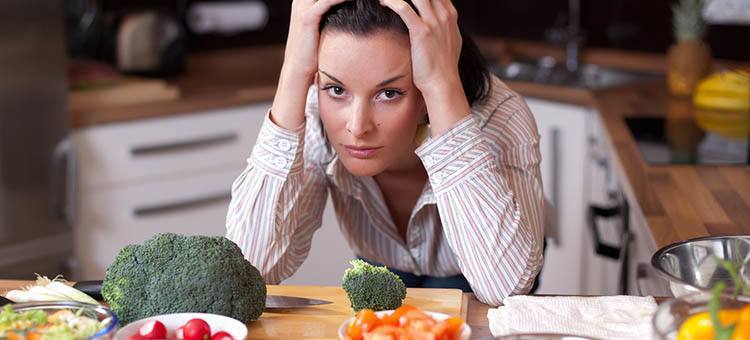
We’ve all heard it said that eating your fruits and vegetables does a body good. We have even heard mention of certain foods that give a great boost to mood and energy. On the flip side of things, we know which ones are Debbie Downers when it comes to going full speed for the long haul of a day.
But what about people prone to or suffering from depression? What foods are likely triggers? And which ones are great for keeping one’s feelings of self worth in tip top shape? Here’s a list of some usual suspects that wreak havoc on depression, and a list of healthy alternatives to whip your esteem back into fighting shape.
The World Health Organization reports that Unipolar Depression is the leading cause of “disease burden” in high income countries. That’s to say where famine may be a scourge in our third world counterparts, depression certainly is ours. Why the huge prevalence of depression?
One glaring factor seems to be lifestyle. We live in a rat race world, shuttling from one meeting to the next deadline to the next coffee and cigarette break, hunched before a desktop computer, donut or microwaved meal in one hand, expense report in the other.
We’ve not made the time in our busy days to factor in a healthy meal nor any healthy interaction with our families, friends and colleagues. Instead we reach for comfort foods to ride shotgun with us throughout our day.
What Is Unipolar Depression?
Unipolar depression can manifest itself in varying episodes from lack of appetite and irregular sleep, to feelings of low self worth, guilt, anxiety, lack of energy and activity. It can be brought on by a myriad number of causes.
But what is sure is that there are certain things that go a long way to help treat and prevent it. We know that exercise even for the elderly can be a good weapon in the battle against depression.
In fact a healthy lifestyle buoyed by good sleeping and eating habits seems to stave off the threat of mild depression. In instances where depression is much more severe medical treatment is usually involved.
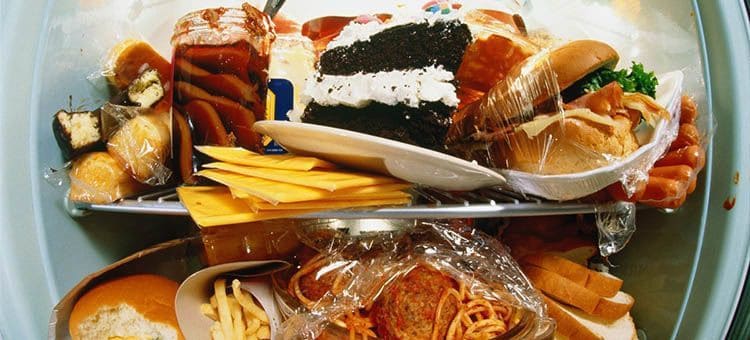
But for our purposes, we know we can help ourselves by being better to ourselves. Eating less of the wrong foods and more of the right ones will strengthen our bodies as well as our emotional well being.
In fact over the course of 12 years, researchers studied the eating habits of women and found that women were 41 percent more likely to be diagnosed with depression after eating more refined grains and sugar, alcohol and red meat (all of which cause inflammation) than those who ate green and yellow leafy vegetables, drank wine and coffee instead of other forms of alcohol, and used olive oil.
1. The Usual Suspects: High Fat And Sugary Foods
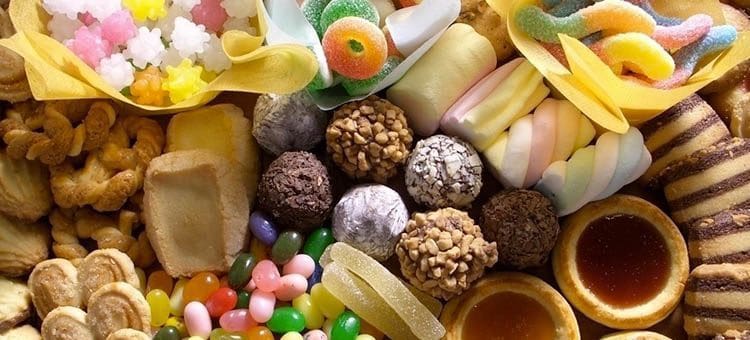
Those high fat foods like sugary donuts from your convenient donut chain around the corner from the office, savory combo meals dripping with grease and trans fats at your local fast food restaurant, or saccharine sweet bon bons in a grab bag are all sure to add inches to your waistline, stress to your heart, and equally throw your levels of self worth off kilter.
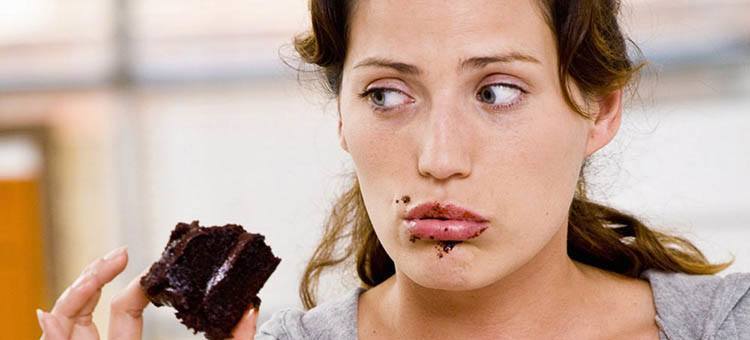
High fat foods disrupt sleep cycles and your metabolism. And the correlation between those two components and depression is clear. Depression and lack of sleep go hand in hand.
Your sugar rush is bound to come crashing down throughout the course of the day. And yet your fatigue will never lead you to restful sleep. If anything you’ll rouse from a turbulent slumber totally discombobulated, dragging a spare tire with you back to the grind.
In fact, though we love comfort foods, these high fat saboteurs grind our metabolic gears to a halt. And you know what it feels like when you’re not running on all cylinders, like a slow day from hell.
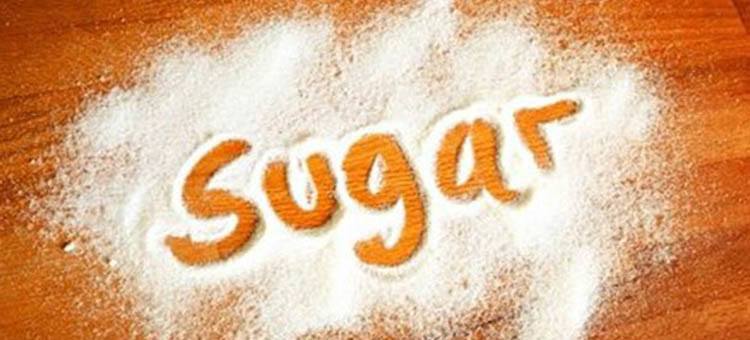
Sugar for its part ages cells in the brain, corrupts memory function, stimulates belly fat, can cause inflammation of the skin and is as equally toxic to the liver as is alcohol. But psychologically sugar wears us down by boosting us up only temporarily.
The infamous sugar crash we feel after having eaten a candy bar, and its short-lived buzz of an hour or less, saps our energy levels and reactivity. We end up feeling worse for wear and our morale goes out the door.
The Remedy:
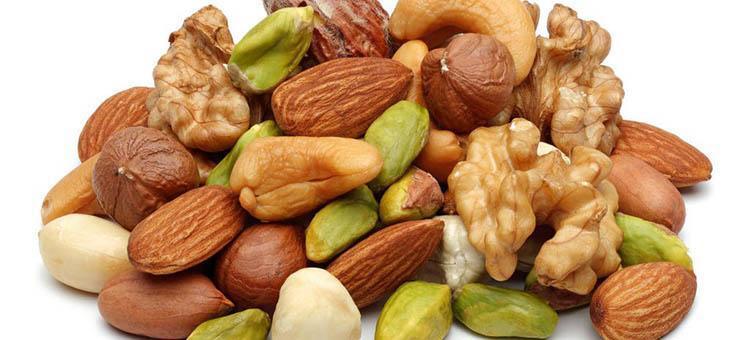
Eat whole foods like nuts and grains, fruits and vegetables. These are high in folic acid and Vitamin B. Both are extremely powerful agents in the fight against depression and fatigue.
You’ll feel full but also you’ll feel full of energy and vigor. Your body and mind will respond more positively to physical and emotional challenges that present themselves throughout the course of the day.
2 – 4. Alcohol, Caffeine and Nicotine
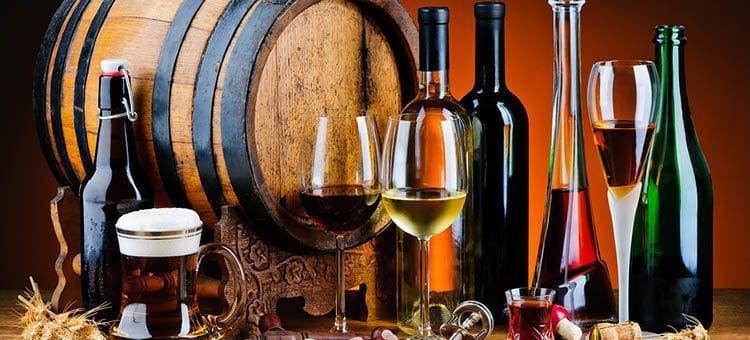
What can be said about these troublesome three? Sure we all have our vices. And sure an occasional glass of wine to end the day with a nice hearty meal is actually good for you.
But going overboard on the cigarettes, binge drinking and taking too many double espresso shots are not. Aside from the more than obvious damage these three wreak upon your adrenal glands, liver, and heart; they also play havoc with your state of well-being.
Caffeine and nicotine can produce feelings of anxiety and panic. And all three can lull you into a false sense of security when it comes time to go nighty night. But truth be told, you’ll get anything but a full night’s sleep when they’re done playing games with your z’s. The next morning you’ll be dehydrated and completely worn down.
Special Cases:
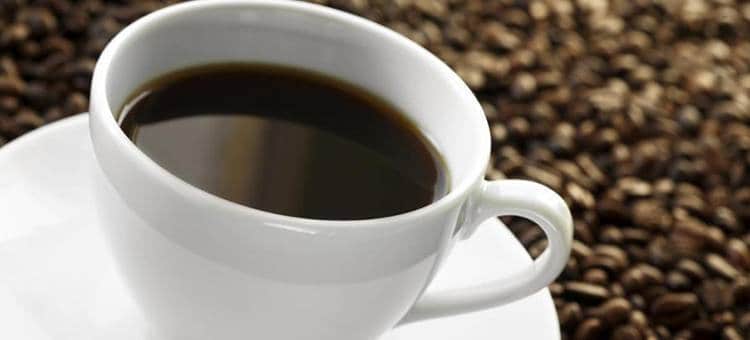
However, research makes a special case for red wine and black coffee. Ignoring the advent of 1000 calorie sugar-laden frappuccinos from your favorite boutique coffee shop or skinny cocktails from your favorite reality TV housewife, coffee without sugar and red wine actually can aid in fighting depression and possibly even heart disease.
Two to three cups maximum in the first half of your day is a good barometer to go by. Anything in the late afternoon will run the risk of disrupting your sleep patterns later that night. And getting no sleep is a huge factor in running the risk of suffering from depression.
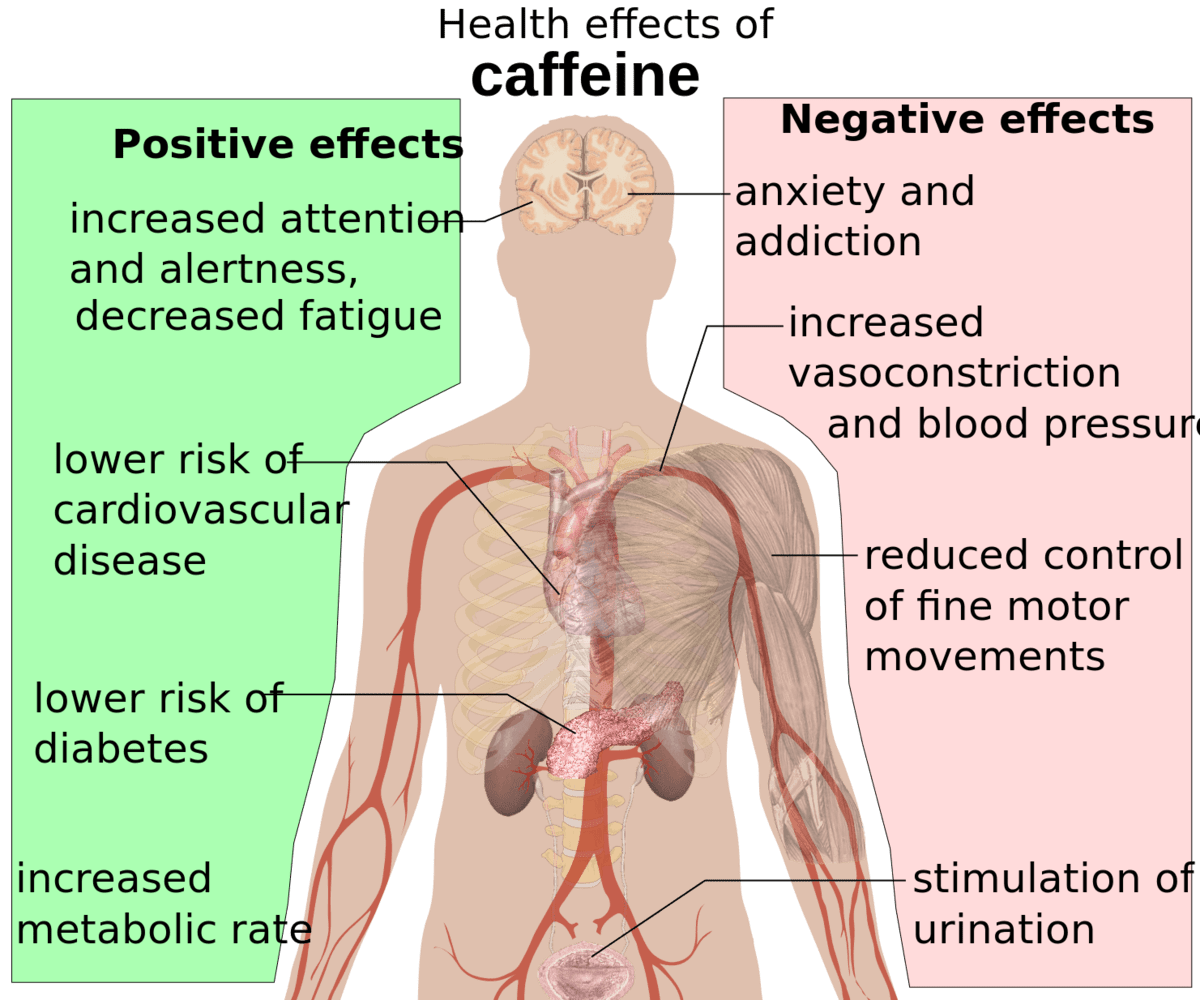
Caffeine, particularly in coffee, fights inflammation, promotes brain function and concentration. And many of the great minds in research suspect a long running correlation between dietary inflammation and depression. So naturally, coffee would be a great remedy.
Red wine is highly potent as well for its heart health boosting effects. There seems to be a strong correlation between heart disease and depression in women. One may lead to the other.
The Remedy:

Eat foods rich in tryptophan which aids in boosting feelings of self-worth and promotes good sleep (milk, nuts, seeds, bananas, honey, eggs). Tryptophan is an amino acid that combines with vitamin B6 to form serotonin, thus helping blood circulation, boosting memory, lowering cholesterol, and above all promoting good sleep.
In fact studies have shown that increasing levels of serotonin and tryptophan aids in reducing depression without the side effects usually attributed to medical aids.
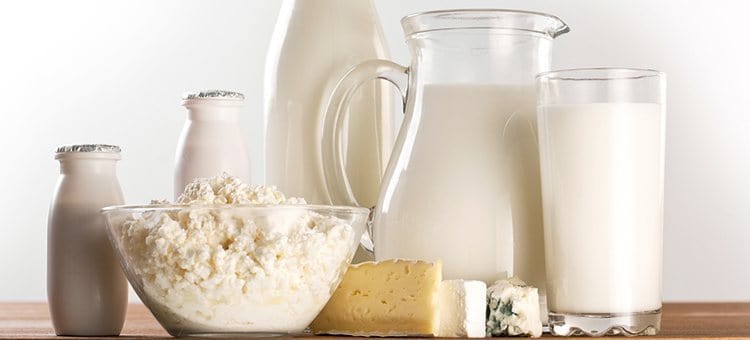
There’s a reason why people claim to feel a little sleepy after eating turkey. Turkey has a healthy amount of tryptophan in fact. And so do fish, cheeses and fruits and vegetables. It also occurs in red meat. But we’re going to avoid adding red meat to our list for reasons you’ll see later.
Drink green tea.
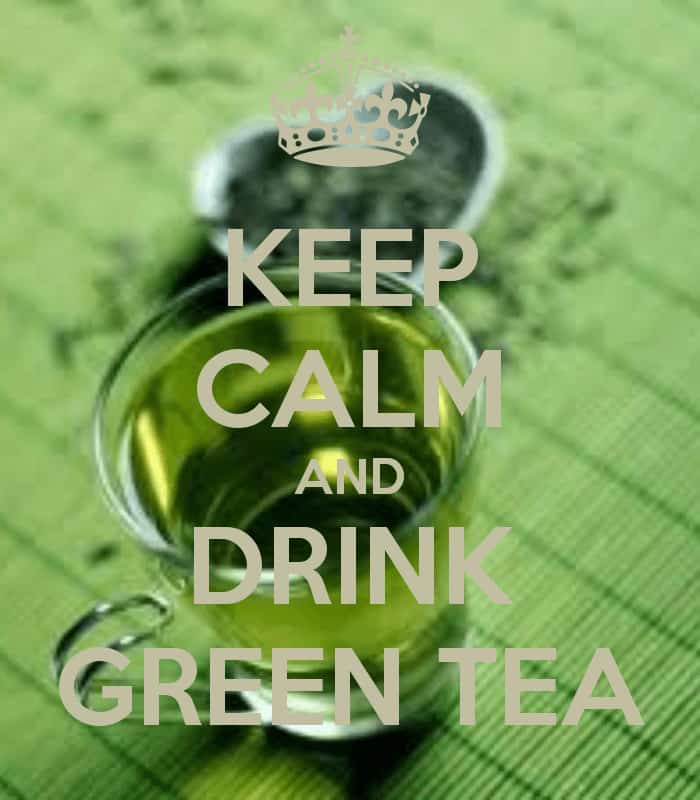
It’s a nuclear weapon when it comes to whipping you into tip top form with antioxidants, mood and energy boosters. It’s also a great boost to the immune system which when ailing can lead to bouts with depression.
5. Gluten
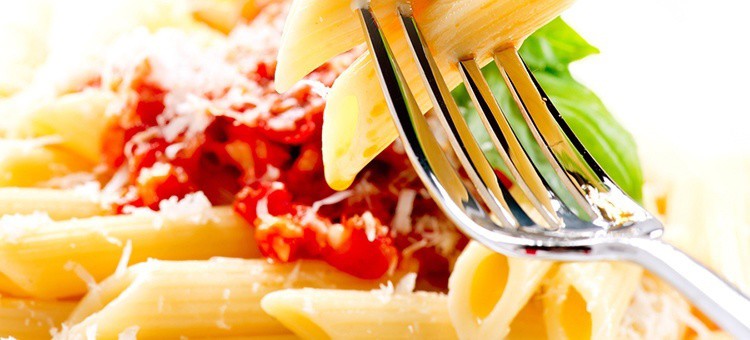
Who doesn’t love bread? Heck a meal at a European table without a baguette is almost sacrilege. And an Italian meal without pasta is like a day without sun in sunny California. But here’s the skinny on barleys, rye and wheat. Those of us prone to celiac disease or allergic to gluten face an 80% chance increased risk of depression.
In other words don’t smother your troubles in footlongs or breadsticks. You’re more than likely exacerbating the problem. There’s more than just good discipline behind your personal trainer or nutritionist telling you to lay off the breads. There’s science. Besides the fact that breads cause inflammation and can give your otherwise cheery youthful face a puffy appearance, they bog down your sense of self-worth.
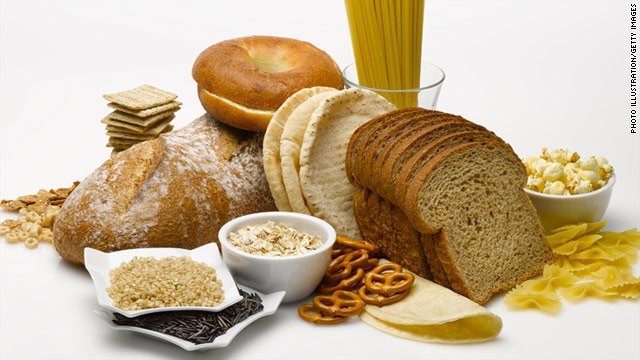
The science behind the studies speculates that gluten may inhibit the absorption of certain nutrients into the brain. Nutrients, remember, are important for aiding in maintaining proper organ function. Nutrients which comprise essential vitamins and proteins are key factors to proper brain health.
Imagine depriving your brain of all the sorts of vitamins that keep it concentrating at 100 percent or that stave off perceptions of guilt, paranoia, low self-esteem, all the negative factors that can otherwise be avoided with proper nutrition. That, folks, is what your daily baguette may be doing to you.
The Remedy:
Stop eating high gluten foods like pastas and breads. You may even be allergic and not even realize it. Further, nothing in high gluten foods is so good for you that it outweighs the risks of the bad. Instead go outside. Get your Vitamin D in healthy doses.
New studies show that getting outside to clear your head, work a little or play a little ramps up your mood booster defense against depression. Go green in fact. Sunny spaces in lovely green places are just what the doctor ordered.

Get your phytonutrients. In other words eat more vegetables. Getting in your leafy greens like spinach is not something to be left to Popeye alone. Greens really have a powerful effect on positively changing the body.
Think about depression as not merely psychological but physical. The better you feel physically, the better you will feel psychologically.
6. Red Meat

Red meat, glorious as those backyard grilled steaks may be, should be a red flag for women for a number of reasons. If we run a grocery list of items that have been linked to red meat, it would read something like this: breast cancer, ovarian cancer, high blood pressure, high cholesterol, heart disease, and for our purposes anxiety and depression.
Sure it’s high in protein and iron. Sure it goes great with potatoes and a Sunday football game. But this is not enough to overlook its damning risk factors.

However we should be clear here. Not all red meats are created equal. The red meat typically responsible for the above risk factors is fatty red meat. It’s a given that removing any sort of fatty meat from your diet will improve your heart health. But now studies show that reducing fatty red meat will also improve your chances of eliminating depression from your life. 29 to 41% or a research pool of 40,000 women who before the study were not clinically depressed were likely to suffer depression after following a diet rich in fatty red meat.
Does that mean you give up red meat altogether? No. Lean cuts of beef may actually be good for your happiness unlike their fatty cousins. According to a study that preceded the aforementioned one, women who completely removed red meat from their diets were equally at risk of suffering depression.
What can we take away from these two studies? The common denominator is fat. We can agree that removing fat from the diet, be it fatty meats or fatty sugary foods, is beneficial to your self worth and overall physical health. There are some other takeaways as well. How you cook your meat can also be a determining factor in how much of a risk you are taking.
Grilling pumps carcinogens into your meat, the very same risk factors that may lead to cancer. Frying saturates the meat with artery clogging oils that ultimately lead to heart disease. Neither of these things bodes well for brain function. And healthy brain equals a happy brain.
The Remedy:

Limit your red meat intake to one to two times a week. Make sure you are only getting fresh lean cuts that are not GMO, salted, or riddled with chemical preservatives. Oven roast your meat and always try to couple with fresh vegetables.
7. The X Factor: Dark Chocolate
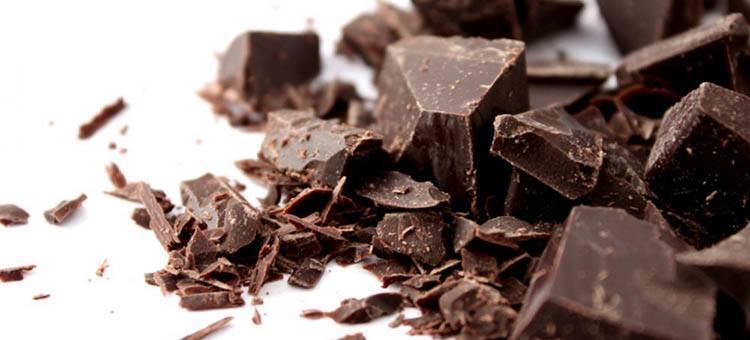
This category would apply to anything on this list that is both good and bad for you. Some items are extremely good for you within reason to moderation or time of day. Chocolate, we’re looking at you. A morsel of dark chocolate a day is a phenomenal source of good vibrations funneling into the brain, antioxidants and anti-inflammatory qualities that are wonderful for a long list of reasons.
But that doesn’t include chocolate steeped in sugar and other additives. Pure dark chocolate like black coffee is what we’re referring to here. Any other incarnation can be lumped into the sugary candy family mentioned above.
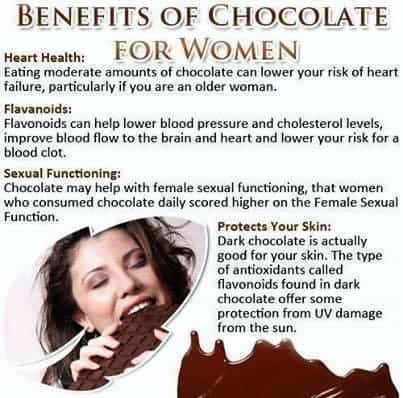
But for all its amazing properties, dark chocolate can also pose one critical risk. Never eat your chocolate close to bedtime. Why? It can disrupt your sleeping patterns and cause you serious bouts with fatigue that may ultimately lead to depression. If you limit your intake of dark chocolate to hours between 8 am and 4 pm, you’ll maximize the benefits that come with it.
Your metabolism will equally be running on all cylinders during those hours, so you’ll run into far less a risk of not properly digesting it. Anytime close to the hours in which you sleep can wreak havoc on your deep dreaming. Chocolate has caffeine as well. And we already know that caffeine can be our best friend or our worst enemy depending on what time of day we have it and in what quantity.
The Remedy:
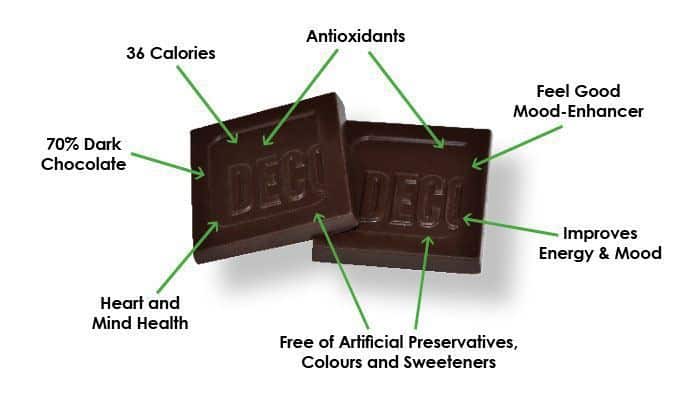
Go light on dark chocolate. Limit it to a small morsel a day between 8 am and 4 pm. Try to limit your indulgences, giving yourself an occasional window for those chocolate binges we are all guilty of.
Honorable mentions:
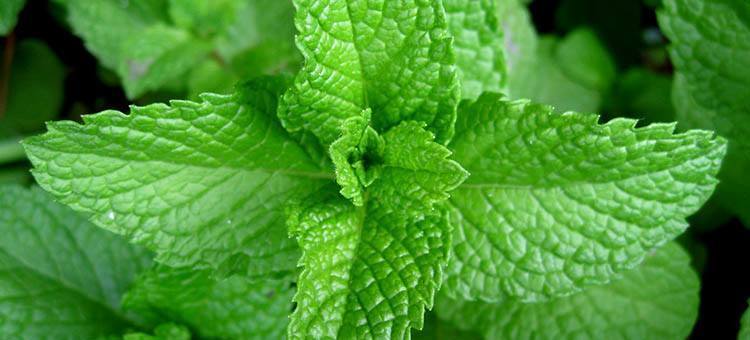
Have a peppermint before you begin a daunting task or start a day. The peppermint has been shown to jumpstart your self-esteem. And sure, coupling it with a small morsel of pure dark chocolate is a great catalyst for releasing our endorphins and keeping you zen. Make love not war. Getting intimate with the one you love is great for powering up your sense of well-being and happiness.
Leave a comment